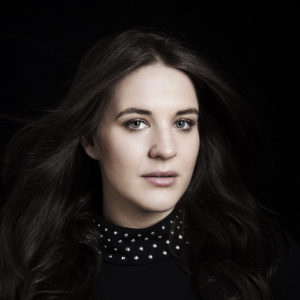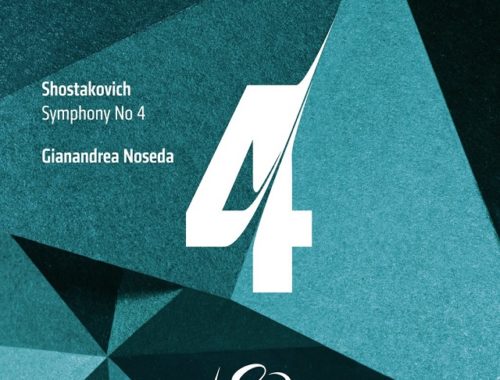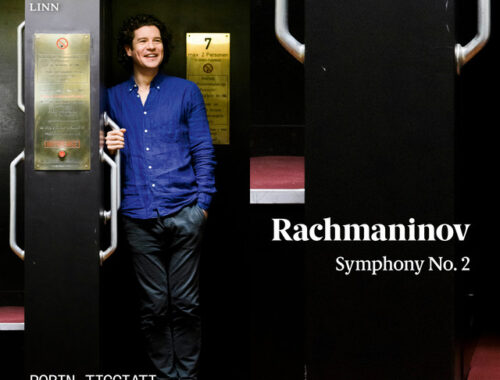GRAMOPHONE: From Where I Sit – October 2019
 It’s always exciting when a significant new voice arrives on the music scene and Decca really pushed the boat out a couple of months back for the debut release of the young Norwegian soprano Lise Davidsen. She might just be the most important signing to the label since the glory days of Birgit Nilsson. As voices they couldn’t be more different – a fact that Davidsen was keen to stress when I interviewed her at the launch – but lazy comparisons are apt to be drawn when a singer inhabits the repertoire of a lyric/dramatic fach and as some of us know all too well one size does not fit all.
It’s always exciting when a significant new voice arrives on the music scene and Decca really pushed the boat out a couple of months back for the debut release of the young Norwegian soprano Lise Davidsen. She might just be the most important signing to the label since the glory days of Birgit Nilsson. As voices they couldn’t be more different – a fact that Davidsen was keen to stress when I interviewed her at the launch – but lazy comparisons are apt to be drawn when a singer inhabits the repertoire of a lyric/dramatic fach and as some of us know all too well one size does not fit all.
Davidsen’s voice comes from a much more lyric place than other weighty voices in her fach – as witness the Strauss content of her debut album – and it was interesting to me that I should have first heard her, not in the Ariadne aux Naxos at Glyndebourne that first turned everyone’s heads, but in the Verdi Requiem at last year’s Proms. It was unquestionably one of the most accomplished accounts of the soprano role that I have ever heard and it flourished in all those aspects where big voices so often fall short. A great deal of that piece is about ‘quiet and high’, the floating, the spinning of tone. And it wasn’t just the technical prowess that impressed – the ability to juxtapose the fire and brimstone of its Libera me with the treacherous and sustained top B-flat which our ears demand be bang in tune and piano – but Davidsen’s intuitive sense of its drama. And all this from a girl from a tiny village in Norway who as a child just wanted to play her guitar and become the next Joni Mitchell.
The most notable feature of voices like Davidsen’s (and again I am not in any way suggesting uniformity) is the girth of the sound. The main reason that she will in time be seized upon to sing many of the great Wagnerian roles – and she was already at Bayreuth this summer giving her Elizabeth in Tannhäuser – is the amplitude of that all-important middle voice. For all the sporadic above-the-stave fireworks of an Isolde or a Brünnhilde – not least the latter’s blood-curdling battle cry ‘Hojotoho!’ – the vast proportion of these roles sit lower in the voice where the words can better communicate the drama of sung dialogue in a more ‘conversational’ manner. It’s why so many mezzo-leaning voices – like those of Petra Lang and Waltraud Meier – graduate to Wagner’s heroines.
But maintaining a lyric/dramatic voice can be a challenge for the best of them and it was interesting hearing Davidsen articulate such a clear understanding of where her voice is at and where it might be going. I particularly wanted to know (with Verdi in mind) if she would be seeking to maintain a balance between the Italian and German repertoire? That can so often be the key to preserving the lyric ‘long line’ of a voice where the middle can flourish at the expense of the top. The answer, I’m pleased to say, was a resounding yes, though what exactly remains to be seen. Russian repertoire? One enticing prospect she did reveal was Lisa in Tchaikovsky’s Queen of Spades. She took the words right out of my mouth.
You May Also Like

GRAMOPHONE Review: Shostakovich Symphony No. 4 – London Symphony Orchestra/Noseda
01/01/2020
A Conversation With MARKUS STENZ
02/09/2010

